Bolivia detains opposition leader Camacho on ‘terrorism’ charges
Police in Bolivia have detained one of the country’s main opposition leaders, Santa Cruz Governor Luis Fernando Camacho, on “terrorism” charges in a move that is bound to significantly escalate tensions between his supporters and security forces.
Camacho’s arrest was confirmed by Bolivia’s Interior Minister Carlos Eduardo del Castillo del Carpio in a Twitter post on Wednesday. Earlier, he had been under investigation on several charges, including efforts to oust former President Evo Morales and allegedly fanning protests in Santa Cruz this year.
“We inform the Bolivian people that the Bolivian police executed an arrest warrant against Luis Fernando Camacho,” Eduardo del Castillo said, adding that Camacho had been flown to La Paz, the country’s capital, for questioning.
The official said the arrest had been connected to the toppling of Morales in 2019. Camacho is the second high-profile political figure linked to Morales’ ouster to be detained. Ex-President Jeanine Anez was given a 10-year prison term last year after being found guilty of orchestrating a “coup.”
If convicted, Camacho could face at least 15 to 20 years in jail, said a report by Reuters, citing a constitutional lawyer Israel Quino.
The governor’s office, meanwhile, claimed Camacho had been “kidnapped in a completely irregular police operation,” but the state attorney’s office rejected the allegations that the arrest was a kidnapping or constituted political persecution.
After learning of Camacho’s arrest, supporters barricaded streets in Santa Cruz with paving stones, tree branches, and vehicles to demand his release. They also torched the regional prosecutor’s office. No injuries were reported.
TV footage showed police trying to disperse demonstrators in Santa Cruz with tear gas. Videos posted on social media showed Camacho’s supporters blocking airports in a bid to stop his transfer to La Paz, prompting the suspension of flights.
The 43-year-old former right-wing presidential candidate Camacho rose to prominence during the demonstrations that culminated in the resignation of Morales in 2019, which the South American nation’s government calls a “coup.”
The 2019 protests led to social unrest that resulted in 37 deaths and pushed Bolivia into its most serious institutional crisis of recent years.
More recently, Camacho had been helping organize protests against the government for delaying a census that is expected to benefit Santa Cruz, giving it more tax revenue and seats in congress.
Jeanine Anez became Bolivia’s interim president in November 2019 after Morales, who had won a fourth consecutive term as president, left the country in the face of the protests.
Many potential successors to Morales, all members of his MAS Party, were also forced to resign or flee, leaving right-wing opposition member Anez, then the vice-president of the Senate, next in line. The Constitutional Court recognized Anez’s mandate as interim president.
Elections were held a year later, and were won by Luis Arce – a close ally of Morales. Camacho came third in the presidential elections in October 2020. With the presidency and congress both firmly in MAS control, Morales returned to Bolivia in November 2020.
Anez was detained in March 2021, charged with the illegitimate assumption of power.
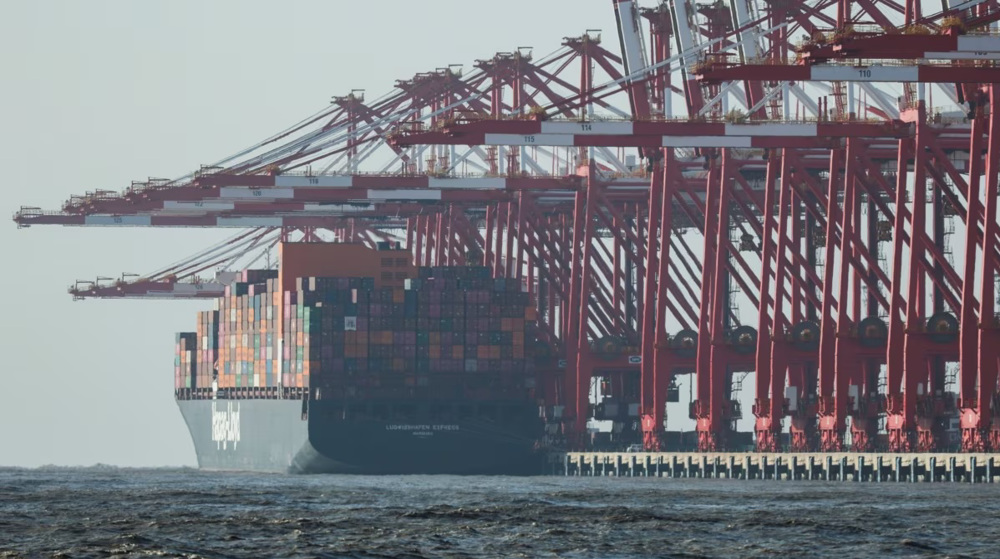
China vows response after Trump announces new 10% tariff
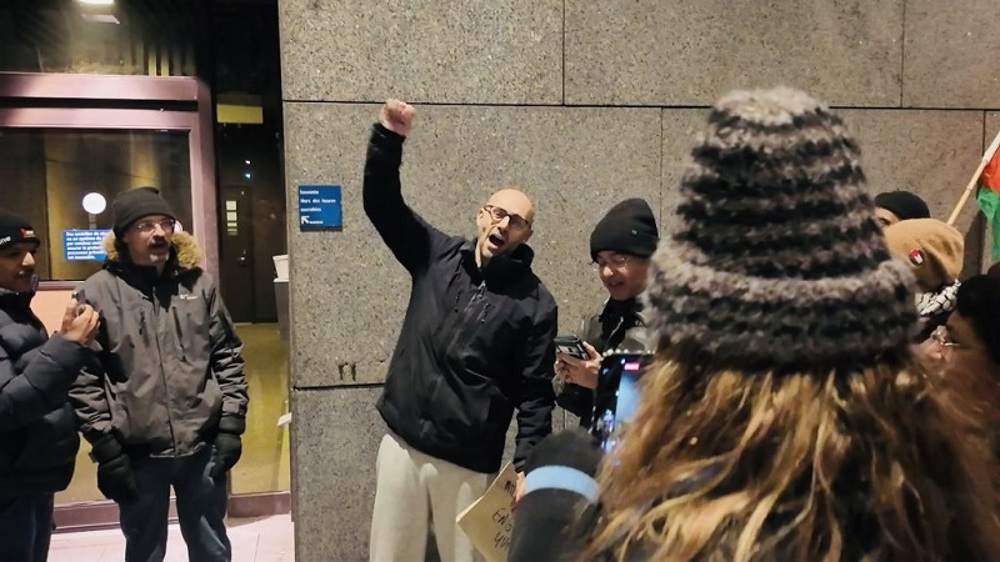
Montreal's Zionist attack on free speech
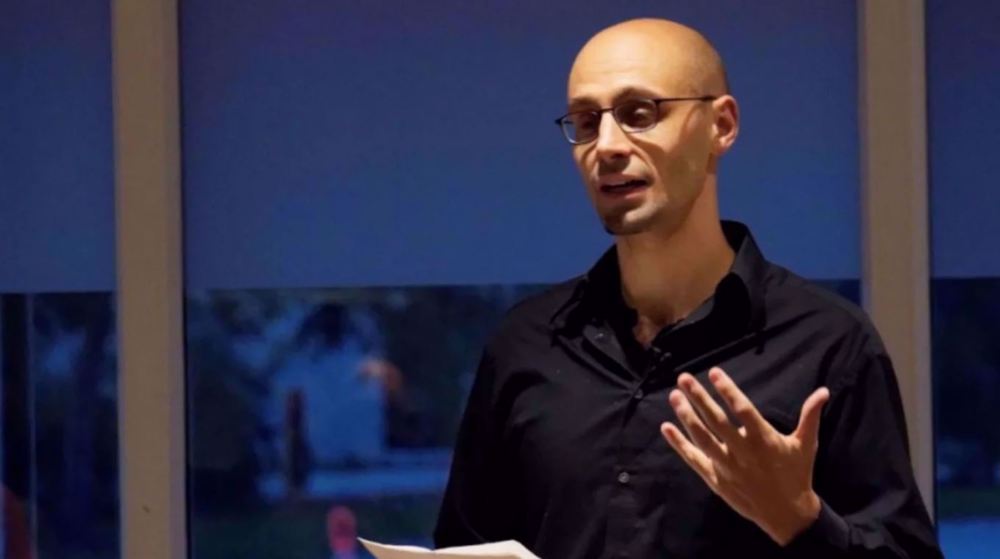
Canada arrests prominent activist over pro-Palestinian stance
Iran president congratulates Muslim leaders on holy month of Ramadan
Hundreds of Israeli settlers storm Al-Aqsa Mosque compound: Report
Iran Parliament dismisses economy minister over economic mismanagement
Unprecedented: US rights group drags Biden, Blinken to ICC over Gaza genocide
Kremlin: Macron talks of contacting Putin, but no real steps taken
Hamas decries as ‘war crime’ Israeli suspension of humanitarian aid to Gaza
Israeli cabinet allows military to call up 400,000 reservists
Iran as hub of technical and engineering services


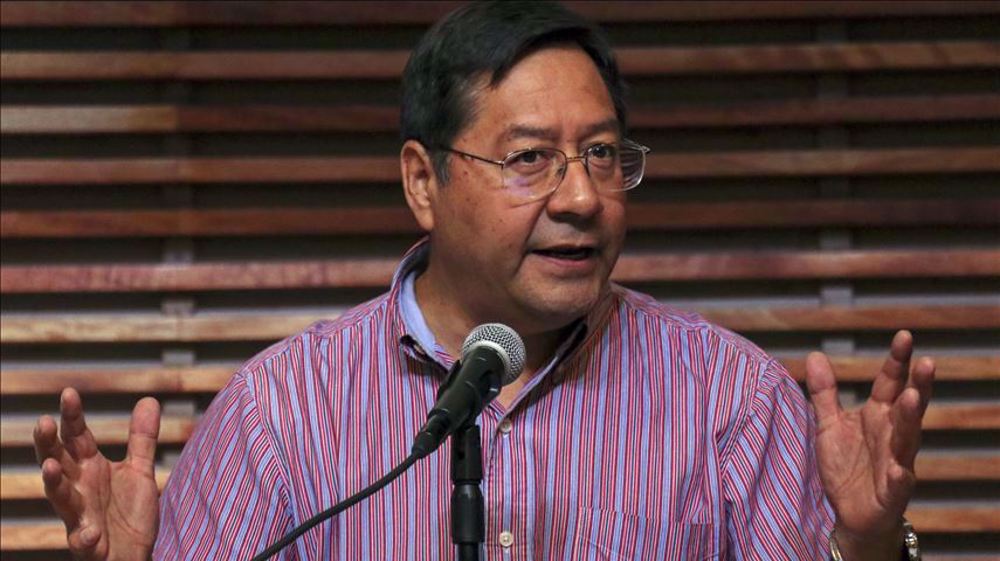



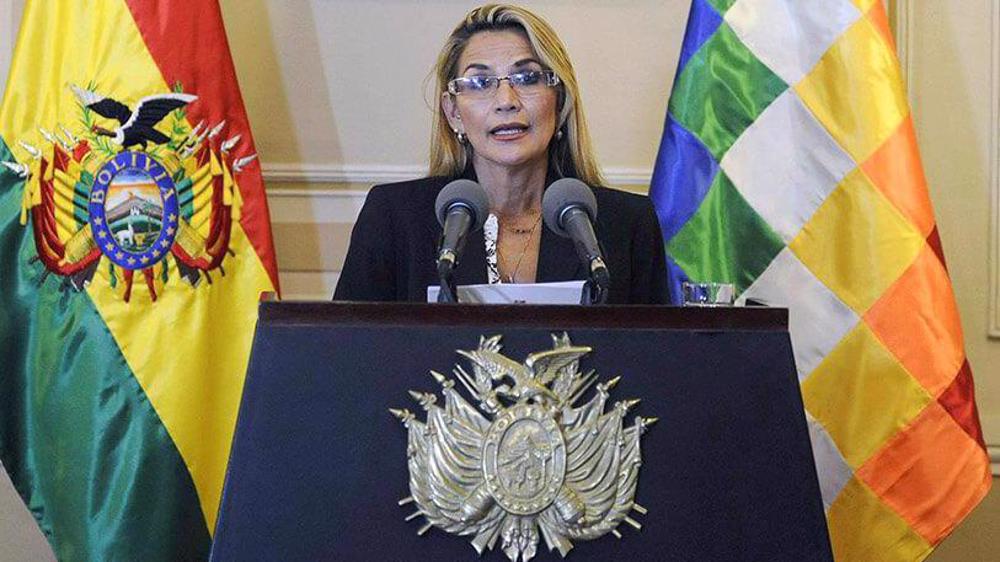
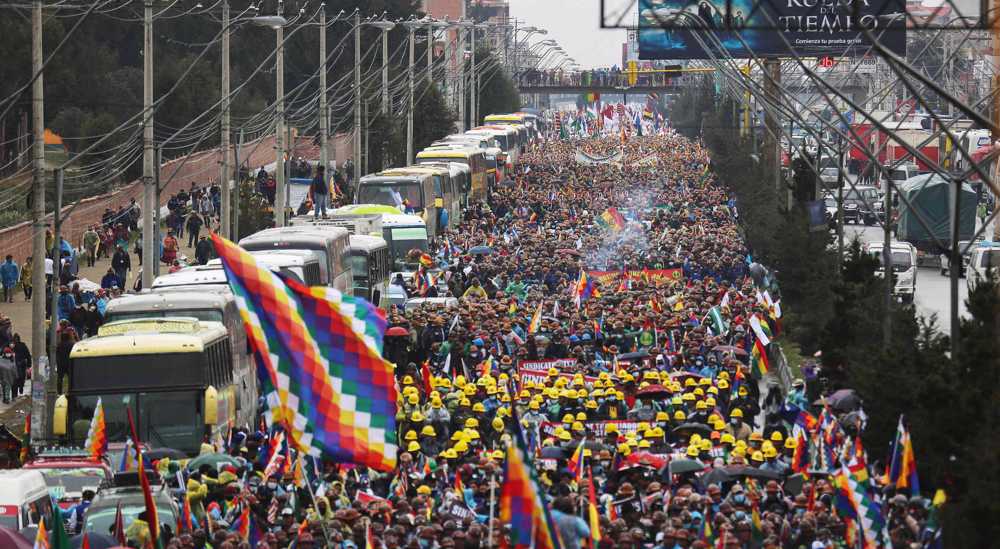

 This makes it easy to access the Press TV website
This makes it easy to access the Press TV website